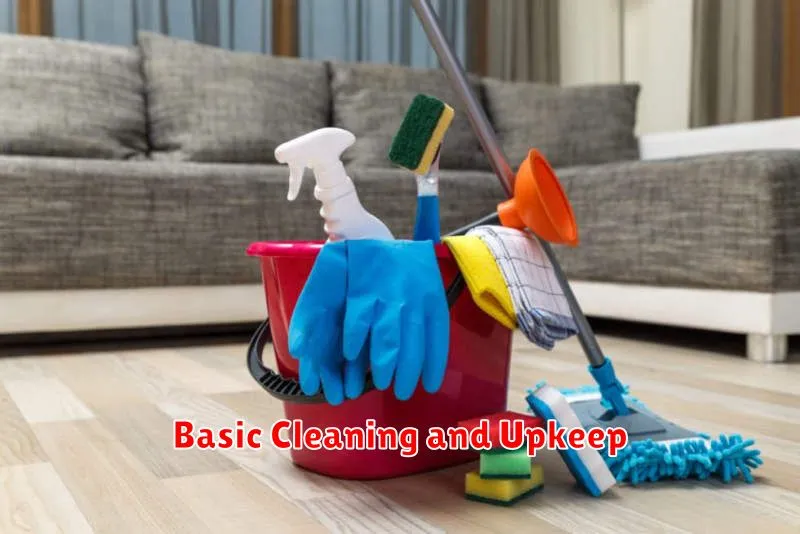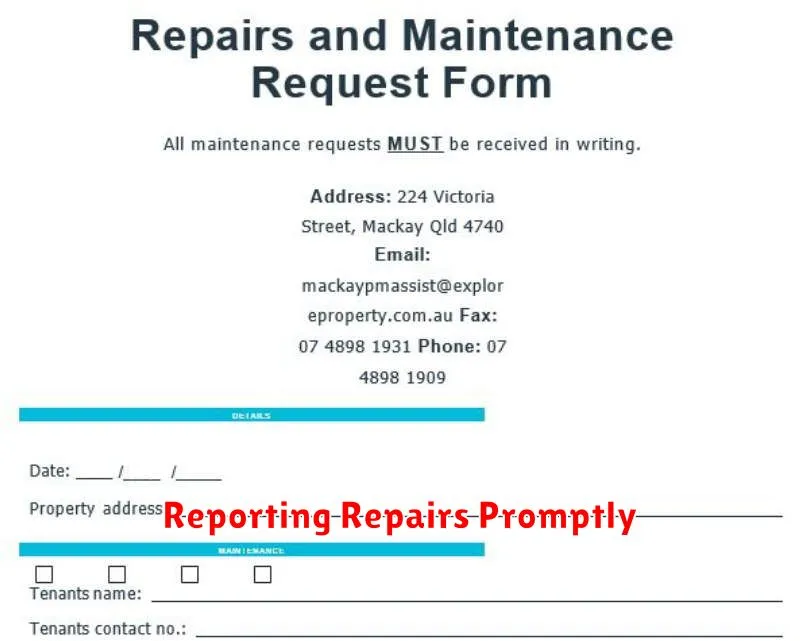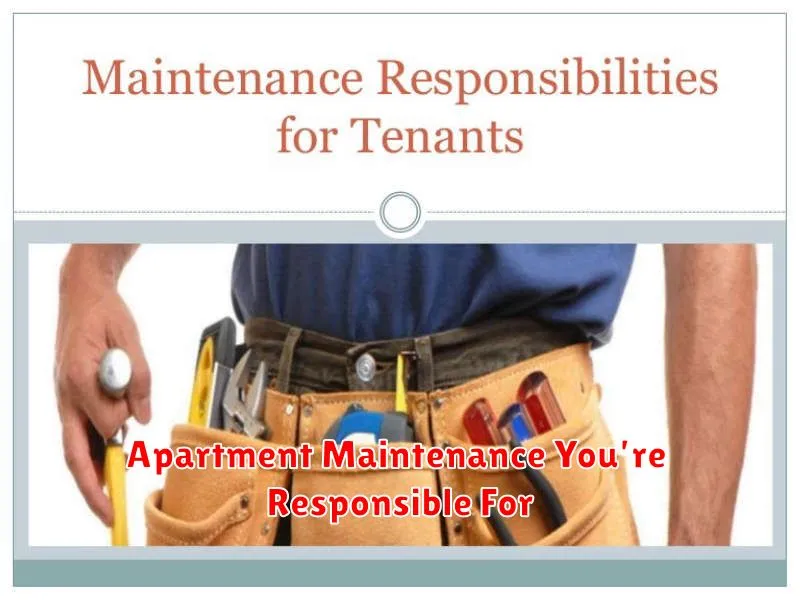Maintaining your apartment is crucial for comfortable and safe living. While your landlord or property management company is responsible for major repairs and upkeep of the building’s structure, you as a tenant have specific apartment maintenance responsibilities. Understanding these responsibilities is essential not only for preserving your living space but also for avoiding potential disputes or penalties outlined in your lease agreement. This article will outline the key apartment maintenance tasks you are typically responsible for, empowering you to keep your apartment in top condition and ensure a harmonious tenancy.
From routine cleaning and minor repairs to preventative measures that protect against damage, this guide covers the most common apartment maintenance tasks tenants encounter. By familiarizing yourself with these responsibilities and implementing some simple strategies, you can avoid unnecessary headaches and ensure a positive living experience. We’ll cover everything from changing air filters and addressing pest control to keeping appliances in working order and understanding your lease agreement obligations. This knowledge will help you maintain a clean, functional, and comfortable apartment while also potentially saving you money on costly repairs down the line.
Tenant vs Landlord Duties
Understanding the distinction between tenant and landlord responsibilities is crucial for a harmonious tenancy. While specifics may vary based on local laws and lease agreements, some duties are typically assigned to each party.
Tenant Duties
Tenants are generally responsible for maintaining the cleanliness of the interior of the apartment. This includes regular cleaning, garbage disposal, and preventing pest infestations. They are also expected to use appliances and fixtures responsibly, reporting any necessary repairs promptly. Avoiding damage to the property is a key responsibility, and tenants may be held liable for repairs beyond normal wear and tear.
Landlord Duties
Landlords are typically responsible for maintaining the structural integrity of the building, including plumbing, electrical systems, and heating. They are also obligated to ensure habitability, addressing issues like leaks, broken appliances, and pest infestations that fall outside the tenant’s responsibility. Major repairs and maintenance related to the exterior of the property, common areas, and building systems generally fall under the landlord’s purview.
Light Bulbs and Fuses
As a tenant, you are typically responsible for replacing light bulbs when they burn out. This includes bulbs in your apartment’s fixtures, as well as any exterior lights specifically designated to your unit. Be sure to check your lease agreement for specifics.
Fuses or circuit breakers that trip due to overload are also generally your responsibility. Before resetting a tripped breaker, try to identify and unplug the appliance or device that caused the overload. If a breaker continues to trip frequently, contact your landlord or property manager, as this may indicate a more serious electrical problem.
If you are unsure about which fuses or breakers control which areas of your apartment, it’s a good idea to ask your landlord for clarification upon moving in.
Basic Cleaning and Upkeep

Maintaining a clean and orderly apartment is a crucial part of your tenancy. This includes regular cleaning tasks to prevent the buildup of dirt, grime, and potential damage. You are responsible for the cleanliness of the interior of your apartment, including floors, walls, ceilings, windows, and all fixtures.
Kitchen upkeep is especially important. Regularly clean appliances like the stove, oven, refrigerator, and microwave. Promptly address any spills or messes to avoid attracting pests. Ensure the sink and garbage disposal are kept clean and free of clogs. Regularly empty and clean the trash and recycling bins.
Bathroom sanitation is also essential. Clean toilets, sinks, showers, and bathtubs regularly to prevent the growth of mold and mildew. Pay attention to ventilation to reduce moisture buildup.
Keeping your apartment clean not only creates a more pleasant living environment but also helps preserve the condition of the unit, preventing potential issues and preserving its value.
Reporting Repairs Promptly

As a tenant, you play a crucial role in keeping your apartment in good condition. Promptly reporting necessary repairs is a vital part of this responsibility. Addressing issues quickly prevents further damage and ensures a safe and comfortable living environment.
When you notice a problem, contact your landlord or property manager immediately. Clearly describe the issue, its location, and when you first observed it. Provide specific details to help them assess the situation and schedule repairs efficiently. For example, instead of saying “the sink is leaky,” explain “the kitchen sink is dripping from the faucet handle, and I noticed it two days ago.”
While you are responsible for reporting repairs, remember that you are generally not responsible for conducting the repairs yourself, unless specified in your lease. Attempting DIY repairs could exacerbate the problem or even void your warranty. Always defer to professionals assigned by your landlord or property manager.
Avoiding Damage Charges
When you move out of your apartment, you’ll want to avoid any unnecessary damage charges. Understanding your responsibilities regarding maintenance is key to protecting your security deposit.
Normal wear and tear is acceptable and generally won’t incur charges. This includes minor scuffs on the walls, slightly worn carpets, or faded paint. However, excessive damage is the tenant’s responsibility. Examples include large holes in the walls, burns on countertops, or significantly stained carpets.
Documenting the condition of your apartment when you move in is crucial. Take photos and videos of any existing damage and report it to your landlord promptly. This establishes a baseline and protects you from being held responsible for pre-existing issues.
Performing routine maintenance throughout your tenancy can also help prevent damage. Regularly cleaning appliances, changing air filters, and addressing minor repairs quickly can stop small problems from escalating into costly repairs. Review your lease agreement for specific maintenance responsibilities.
Keep a Maintenance Checklist
A maintenance checklist is a crucial tool for staying on top of apartment upkeep. It helps ensure you address small issues before they escalate into costly repairs and helps you fulfill your responsibilities as a tenant. This checklist should include routine tasks as well as periodic maintenance.
Routine Tasks (Monthly/Quarterly)
- Check and clean HVAC filters
- Test smoke and carbon monoxide detectors
- Inspect and clean sink and shower drains
- Check for leaks under sinks and around toilets
Periodic Tasks (Semi-Annually/Annually)
- Clean refrigerator coils
- Check grout and caulk for damage
- Inspect windows and doors for drafts
- Clean range hood filters
Keep records of completed maintenance, noting dates and any relevant details. This documentation is valuable if disputes arise regarding the condition of the apartment. Refer to your lease agreement for specific maintenance requirements.

